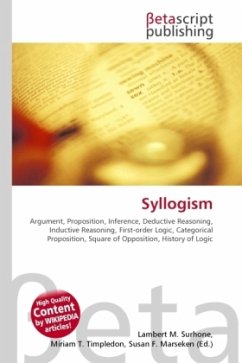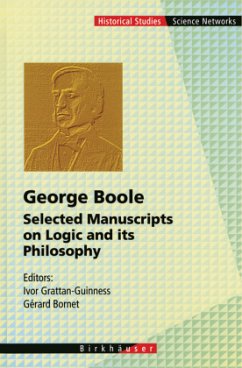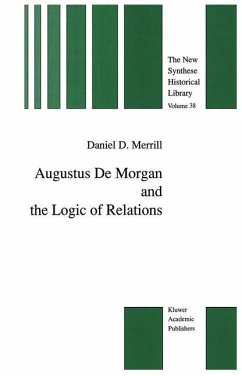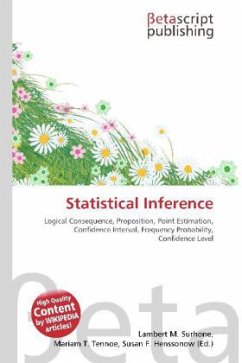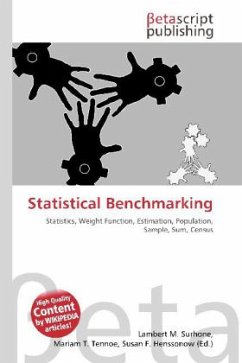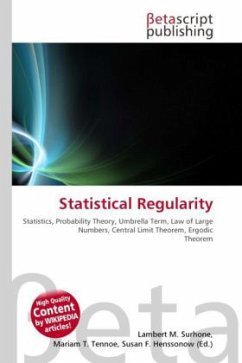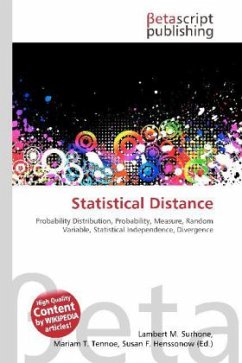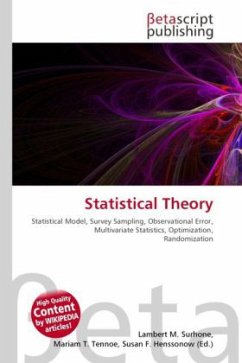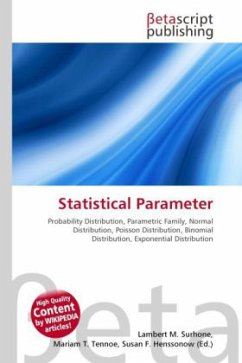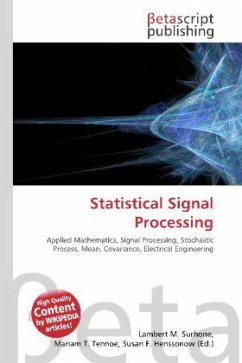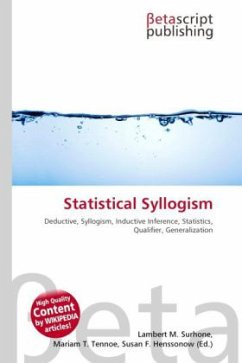
Statistical Syllogism
Versandkostenfrei!
Versandfertig in 6-10 Tagen
19,99 €
inkl. MwSt.

PAYBACK Punkte
10 °P sammeln!
High Quality Content by WIKIPEDIA articles! A statistical syllogism (or proportional syllogism or direct inference) is a non-deductive syllogism. It argues from a generalization true for the most part to a particular case (in contrast to induction, which argues from particular cases to generalizations). Statistical syllogisms may use qualifying words like "most", "frequently", "almost never", "rarely", etc., or may have a statistical generalization as one or both of their premises.Premise 1 (the major premise) is a generalization, and the argument attempts to draw a conclusion from that genera...
High Quality Content by WIKIPEDIA articles! A statistical syllogism (or proportional syllogism or direct inference) is a non-deductive syllogism. It argues from a generalization true for the most part to a particular case (in contrast to induction, which argues from particular cases to generalizations). Statistical syllogisms may use qualifying words like "most", "frequently", "almost never", "rarely", etc., or may have a statistical generalization as one or both of their premises.Premise 1 (the major premise) is a generalization, and the argument attempts to draw a conclusion from that generalization. In contrast to a deductive syllogism, the premises logically support or confirm the conclusion rather than strictly implying it: it is possible for the premises to be true and the conclusion false, but it is not likely.



